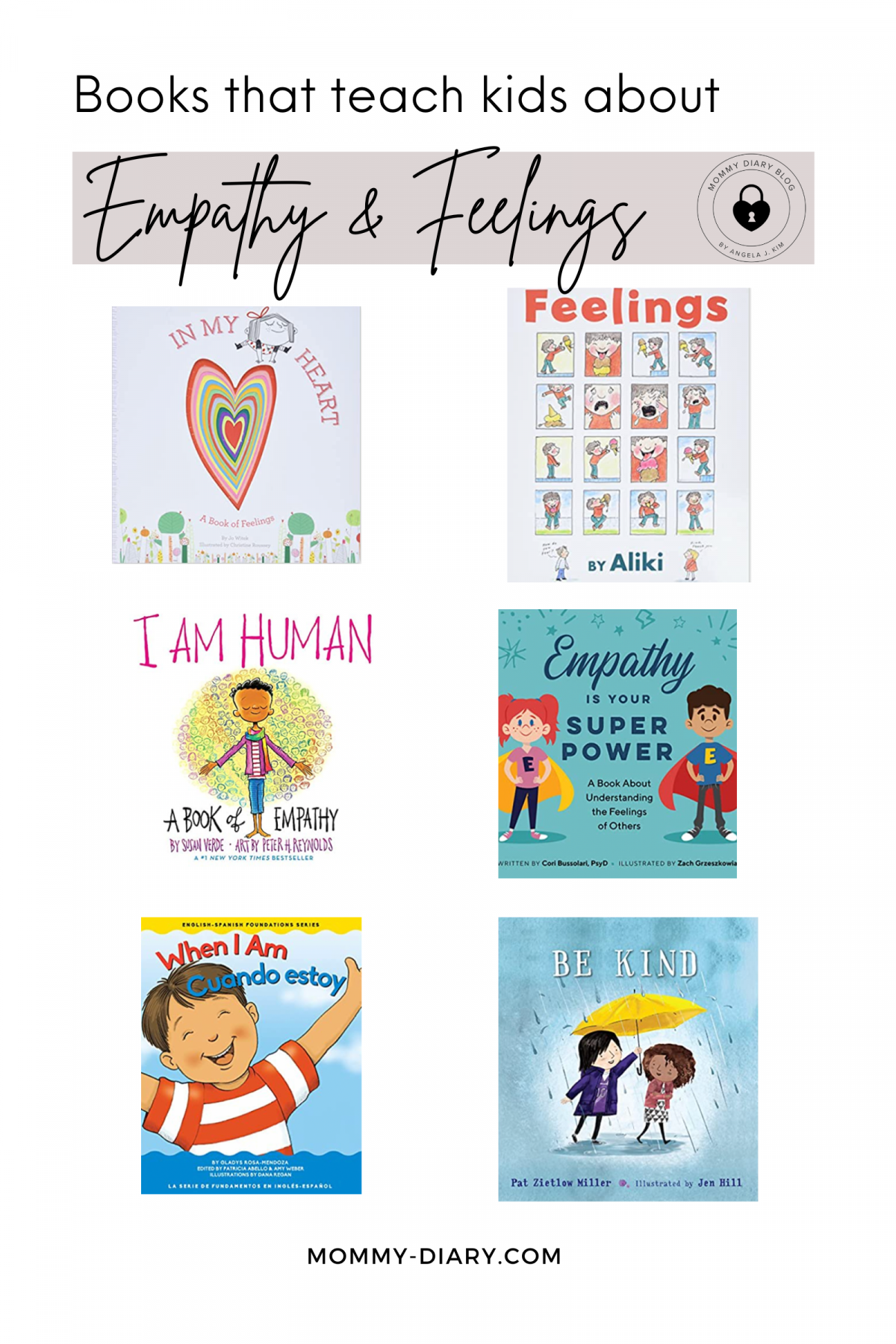
One of the things I practice every day and try to instill in my four children is empathy. Empathy is about understanding the feelings of others and being able to relate to them. It’s essential for us to be able to connect as human beings, and empathy is a large part of that connection. That’s why it’s so important to be able to teach empathy to kids as well.
When we encourage empathy in our kids, we help them grow into better people. We help them learn how to act ethically because we teach them to make decisions while keeping other people’s feelings in mind.
If our children develop empathy, they can become more loving, kind, and helpful. In this way, they become better people. But having empathy also sets them up for professional success in the future because they’ll understand their fellow human beings.
However, empathy is a complex skill for kids to develop. It takes time and effort to learn how to be compassionate to everyone around us. This is why we need to actively teach empathy to kids. My goal today is to help you do that.

How to Teach Empathy to Kids
There are a few key strategies that you can use to help your kids easily understand empathy and apply it to their everyday life.
Model Empathy for Your Kids
The best way to teach empathy to children is to practice it ourselves. Our children are always watching us and learning from our behavior. They want to be like us, which is why it’s crucial that we show them how to be empathetic. We do this by making caring for others a priority and showing consideration for people’s feelings.
It’s also important to show everyone around us respect, regardless of who they are.
From their teacher to the server at your favorite restaurant, demonstrate that everyone deserves respect and compassion. If you interact with others in a kind way, then your child will learn how to do the same.
Help Them Manage Their Own Emotions
This is another opportunity to model empathy by practicing it with them. This comes in two parts.
First, if we work towards managing our own emotions, we’re able to show them how to properly express their feelings. Depending on their age and the situation, we might even be able to be honest about what we’re feeling and why. Show them that they can talk about their feelings, so they learn that those feelings are valid and important. This demonstrates to them how to effectively manage their emotions.
The next part is being empathetic to them so they learn how to be empathetic to others. Our children are still learning how to manage their emotions. We can help them with empathy. This means validating their feelings and helping them to work through any tough emotions they might be experiencing.
You can work with them to name their emotions, so they have an easier time expressing themselves. Encourage them to be open about what they’re feeling and demonstrate that their feelings are important. When we help them manage their emotions, they learn how to help others do the same.

Create Spaces for Children to Practice Empathy
Empathy is a skill that needs to be nurtured with ample practice. You can provide opportunities for them to learn how to consider other people’s feelings. One great way to do this is to have regular family meetings, especially whenever there is conflict. As a family, you can work towards expressing your feelings and address any challenges that have come up.
Outside of the family, discuss any concerns or challenges your children have had in their lives – whether that’s at school or during their extracurricular activities. You can help them work through their feelings and help them to see everyone’s side of the story. Be on the lookout for opportunities to practice empathy with your child.
Set High Ethical Expectations
Part of encouraging our children to be empathetic is encouraging them to be kind and ethical. We can set a firm expectation that our children are kind to the world around them. Emphasize acts of kindness and ethical behavior when you’re discussing their day with them.
This includes us as parents as well. We should set high ethical expectations for ourselves, so we can model for our children. If we want to teach empathy to kids, we need to always come back to modeling it for them.
You can even have conversations about hypothetical situations with your children. Have a discussion about how you would handle a specific situation, and guide them through how to act ethically.
Embrace Diversity
When we’re teaching empathy to children, it’s important to help them develop empathy for everyone. We want them to value different perspectives and show compassion to the world around them. It’s important to teach our children that everyone is different, but they’re always valuable and worthy of empathy.
To help our children learn this, it’s important to embrace diversity ourselves. We also want to actively increase our children’s circle of concern.
Typically, our children are most able to empathize with those they are close to, especially family members, friends, and teachers. It’s harder for them to think about others outside of that circle. Help them to learn to listen to everyone’s struggles and concerns.
Listening is crucial when it comes to teaching kids empathy. You can do this by reading and watching different types of stories, including news stories. Embracing different perspectives and stories is a great way to teach empathy to kids.
There are some helpful stories that you can read with your children about feelings and empathy.

A list of books that teaches empathy to your kids

- I Am Happy: A Touch and Feel Book of Feelings by Steve Light
- I Am Human by Susan Verde
- Feelings by Aliki
- Empathy is Your Superpower by Cori Bussolari
- When I Am/Cuando Estoy by Gladys Rosa-Mendoza
- Be Kind by Pat Zietlow Miller
To teach empathy to kids, we need a lot of patience. Since your children are learning from you, it is your behavior that’s really in the spotlight. That’s why it’s important to give yourself grace throughout the process. You won’t always get it right. Sometimes you’ll get angry or feel negative emotions but that’s okay—give yourself grace.
If you always emphasize kindness, demonstrate compassion and normalize feelings for your children, you’ll raise wonderful human beings.

You can further take care of yourself by taking daily steps to avoid mom burnout and overcome anxiety.

